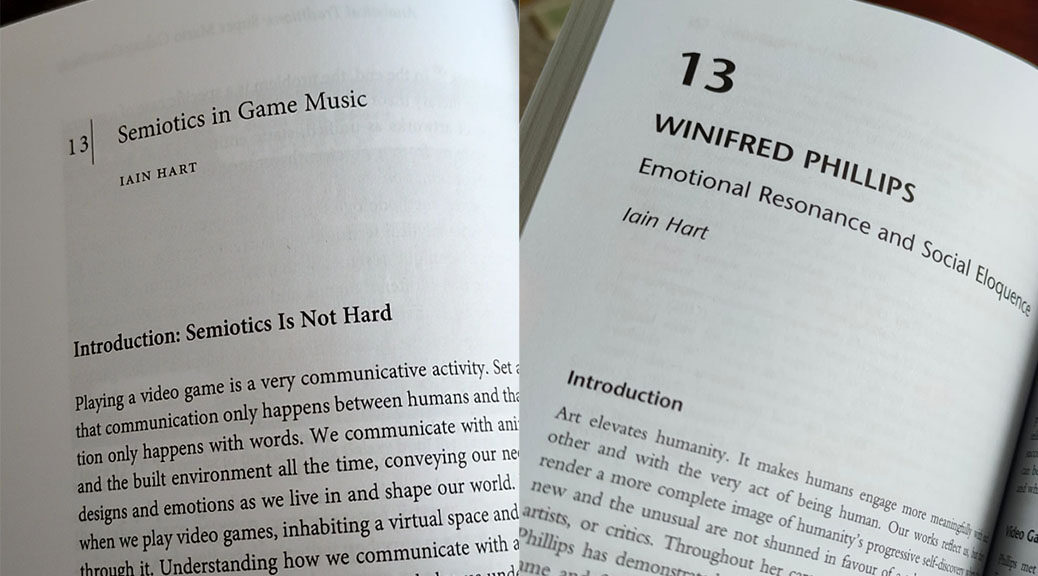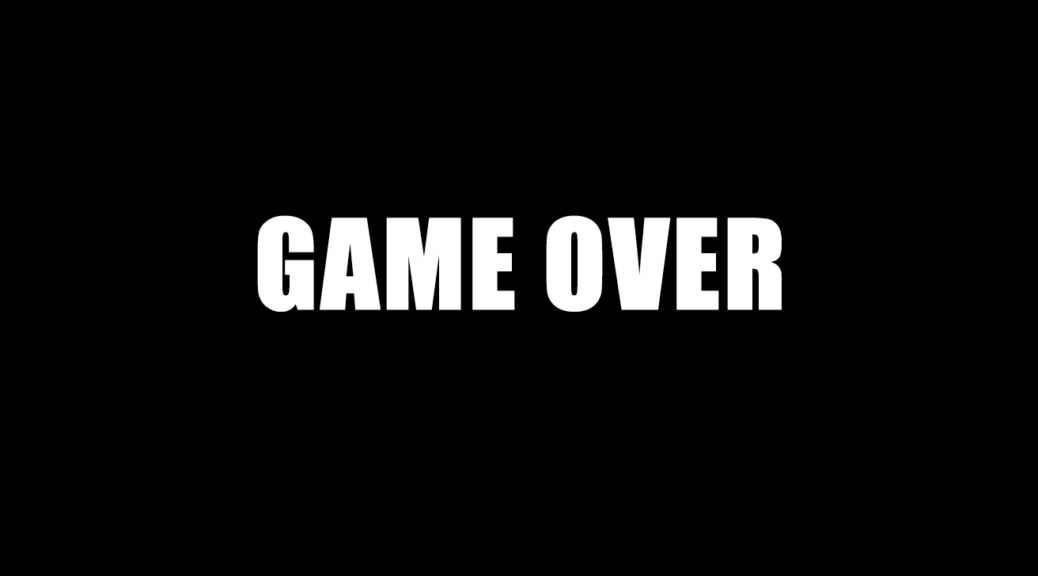It’s now almost a year since I submitted my revised thesis and around nine months since graduation, and things are going fairly well. Have I recovered from the PhD ordeal, I hear you ask? Not by a long shot. Hearing you ask my rhetorical questions is probably a sign that further recovery is still required. But I’m working full time (in a non-academic capacity), I’ve got a few projects on the boil, and I’m occasionally getting time for some hobbies.
My part-time-during-study job has transitioned into a full-time job. It’s at the university I studied at, and a perk of the job is full library access, so my access to research tools is basically uninterrupted. This is fantastic for the writing projects I’m working on, and generally helps me maintain my academic career while squabbling over the bottom rung of the academic job market. There has been talk around town of academic career trajectories being suboptimal, and I suppose I’m getting a taste of what some have suggested as an alternative. It is hard to shift between work and academic mindsets, particularly when work is stressful (be kind to your IT support folk, everyone – if your IT is obstructing your work, get angry at your university’s cost-cutting leadership not the people who are specifically there to help you), but it is both possible and rewarding.
I’ve been told that it can take a year or so to recover from something as big as writing a PhD thesis. Thankfully, the wellbeing of postgrad students is getting more attention these days — we’re starting to speak about and speak out about it. I wish I’d read some of the articles and posts out there in the first half of my studies, rather than when I was almost through. I think the wellbeing of recently-post-postgrads is just as vital, particularly when the reality of underwhelming job prospects and the absence of familiar work patterns hit home. I’m hopeful that some of the discussions around academic careers, workloads, and alternatives translate into helping prepare postgrads for reality during their studies, but I think widespread institutional change is a long way off. Universities are too busy chasing ratings and funding to care about humans right now.
Anyhow, it’s new year’s eve and there are more positive things to reflect on. In late July, the Ludomusicology Society of Australia held its inaugural Winter Symposium at the University of Adelaide. The two-day conference was held in a seminar room in a Chemistry building, which I loved — it stirred memories of my science background and of the methodical thought processes required for science laboratory work, which are strong influences on how I do my research. We heard papers from Sebastian Diaz-Gasca on the evolution of musical themes in cutscenes in Final Fantasy X, Barnabas Smith (with Brendan Lamb) on tavern music in Skyrim and The Witcher 3, Mary Broughton (with Jane Davidson) on the physical behaviours of players of music video games like Rock Band 4, and Callum Kennedy on notation practices for chiptune music, among others. We also had the best roundtable discussion I’ve ever been part of, rambling around questions of terminology (diegetic/non-diegetic/extra-diegetic, ludomusicology/video game music studies, etc.), discussions of research methods, and more than a little gushing about various video games. All told, great conference, and I’m very much looking forward to next year’s iteration.
This year also saw the SSSMG launch the Journal of Sound and Music in Games, “an academic peer-reviewed journal presenting high-quality research on video game music and sound”. This is long-awaited and very exciting – I’m very much looking forward to the high-quality research this journal will produce and inspire.
My gaming highlights for the year would be:
- Superflight – incredibly fun wingsuit simulator with generative landscapes to fly through. A single flight can last seconds so it’s relatively easy to play for a short time, but you won’t want to stop.
- Oxygen Not Included – a much more complex game than it appears on the surface, but hugely engrossing. Also, not many games include fluid dynamics, thermodynamics, and microbiology as gameplay mechanisms/threats.
- Skyrim – seven years on, still one of the most beautiful games ever (and I’m not even playing the shiny new versions). I went deeper into some of the soundtrack for one of my writing projects this year and I love it even more now. Jeremy Soule is my hero.
What’s coming up:
- A couple more writing projects
- More work stress
- Parenthood
- Photography
- Who knows, probably games?



